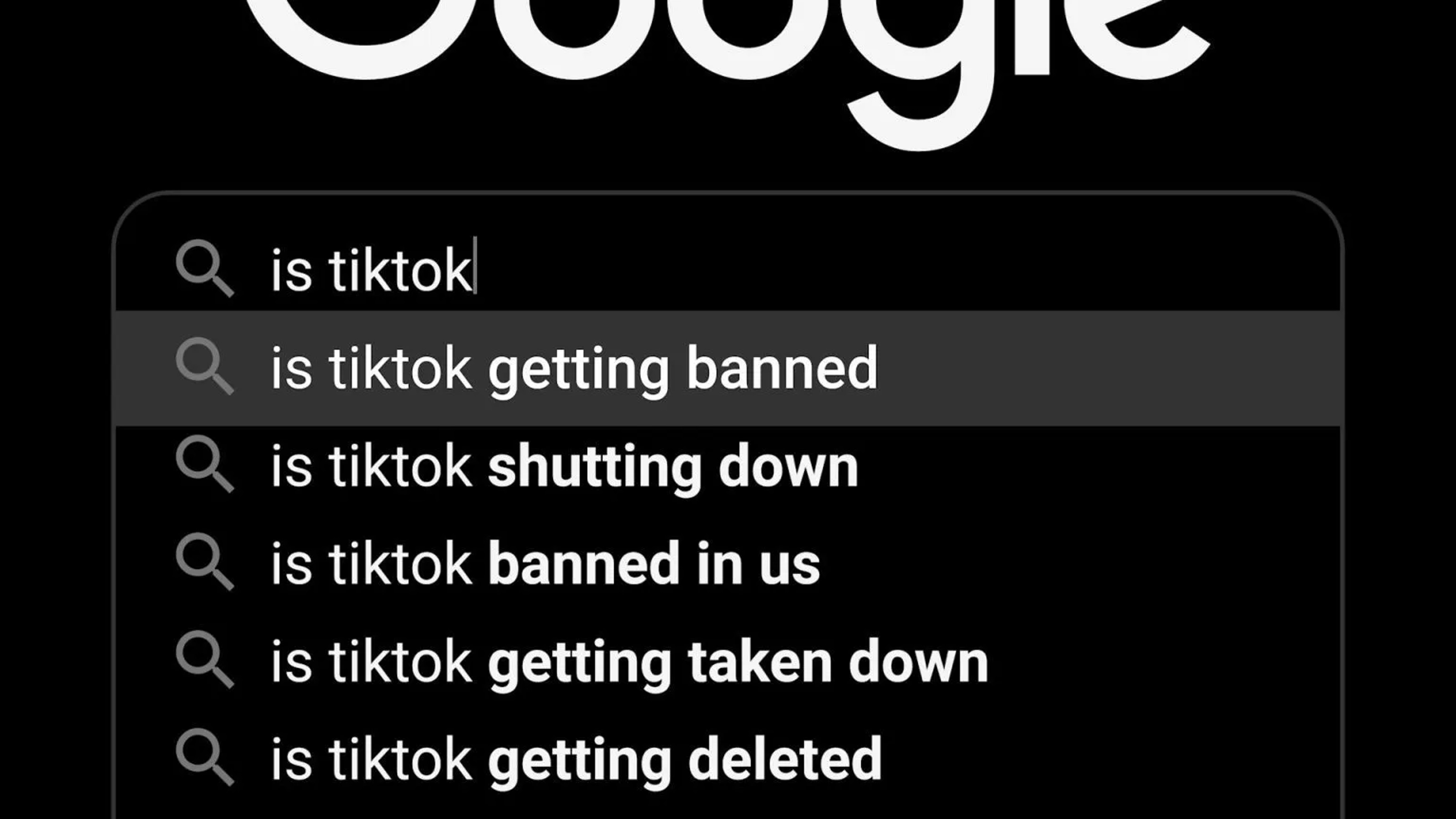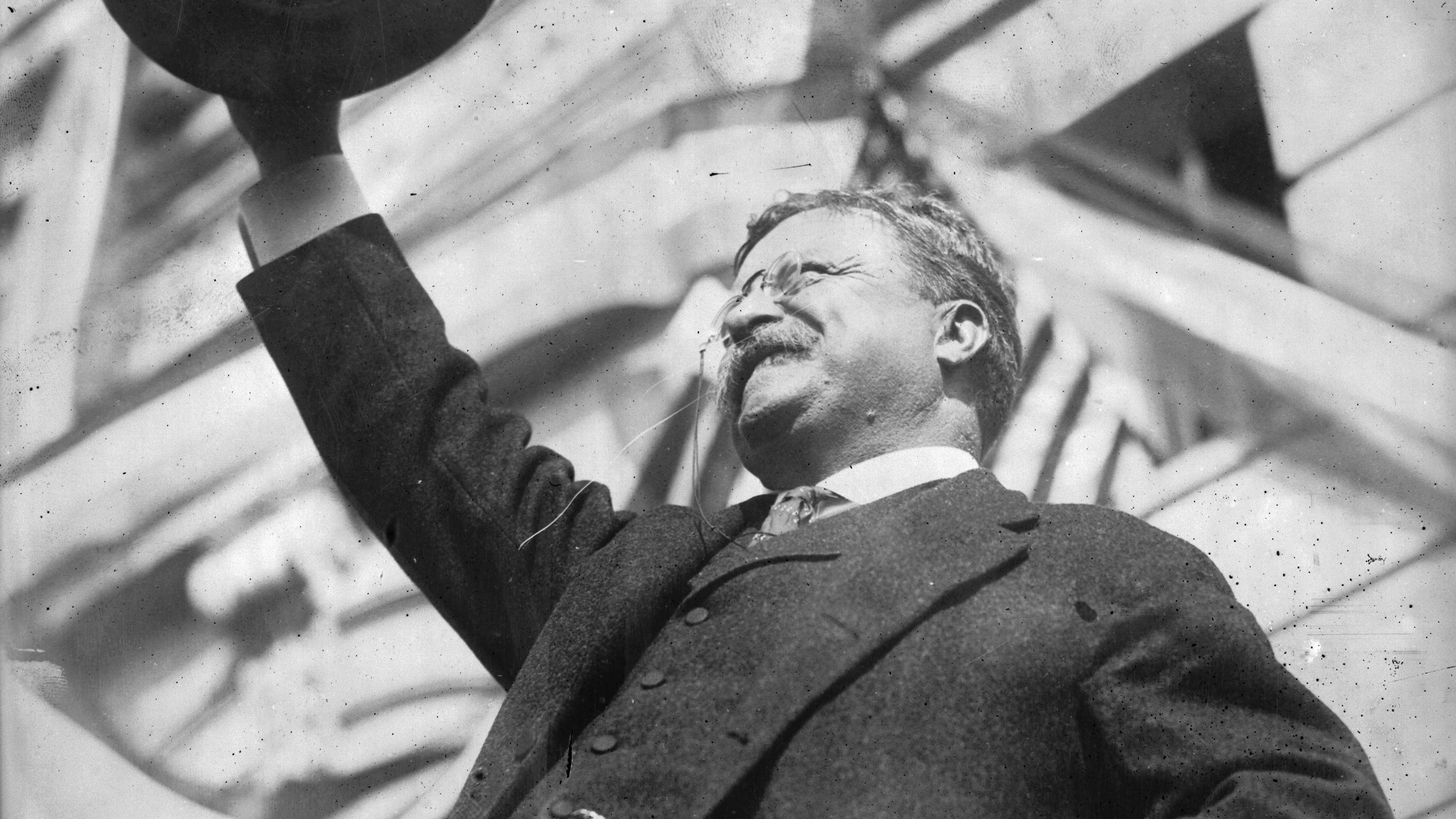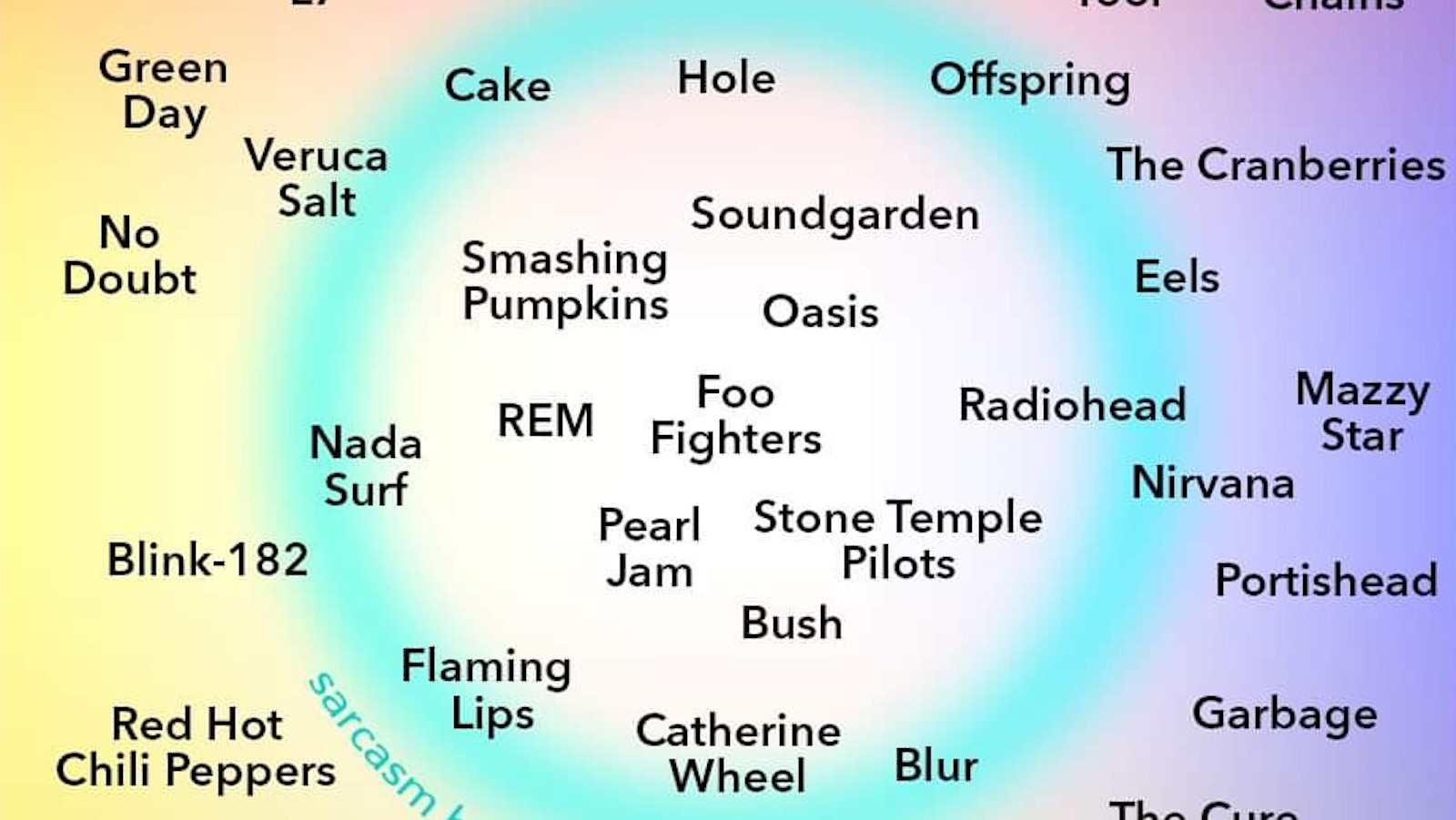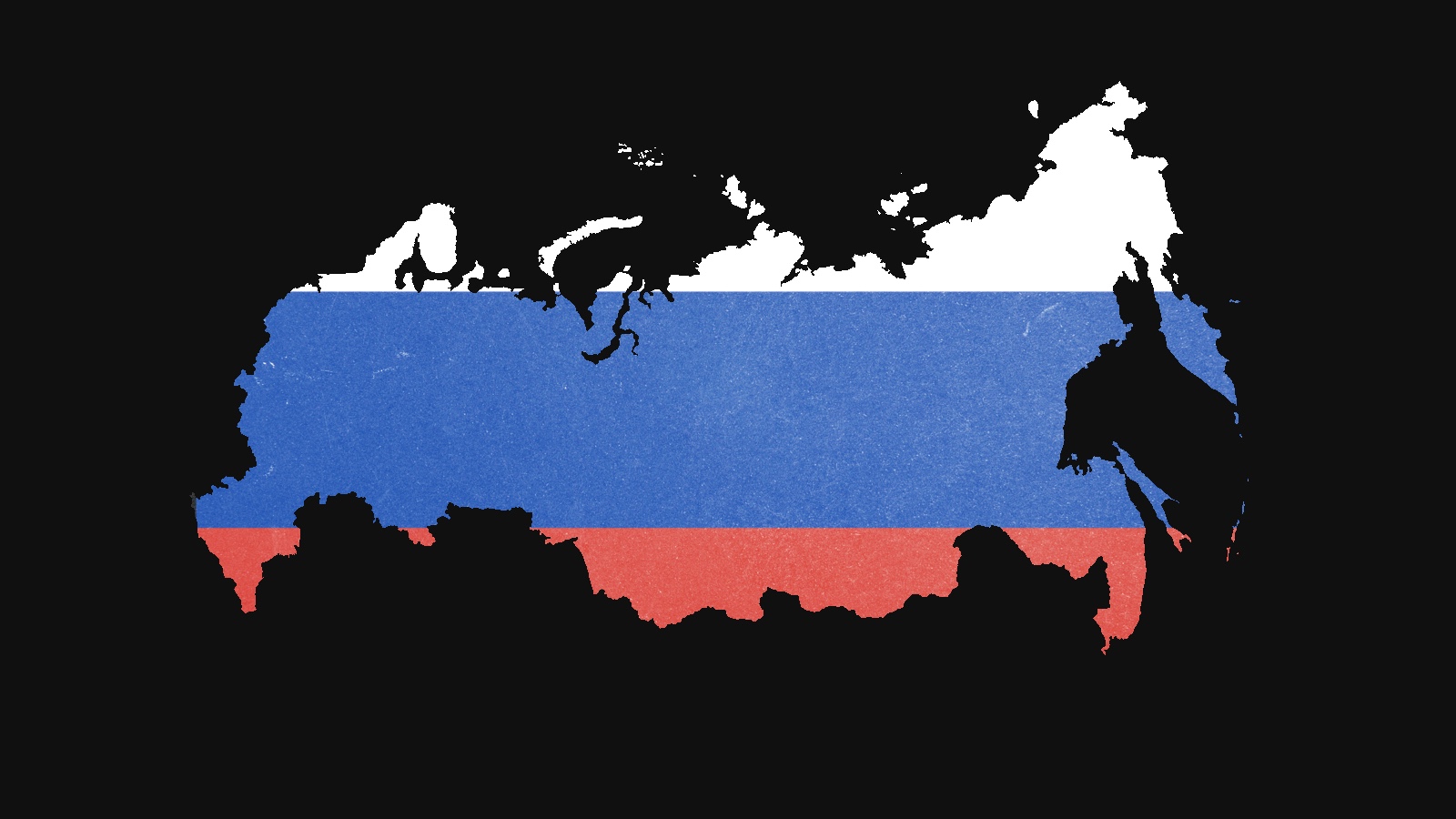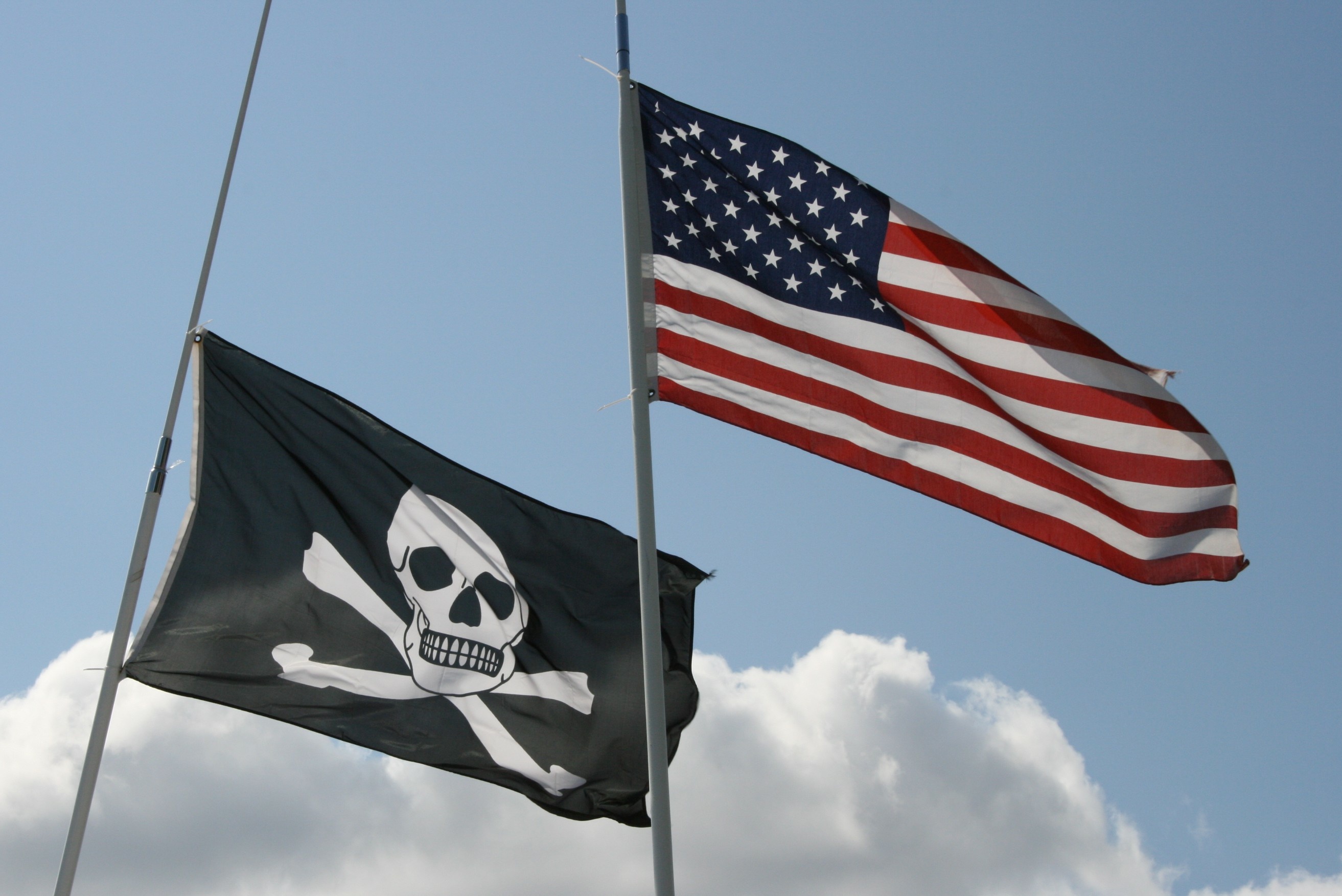There are 100 provisions of the USA PATRIOT Act that the A.C.L.U. does not dispute, Strossen says.
Question: Does the Patriot Act protect the U.S.?
Nadine Strossen: I think there were some provisions in the Patriot Act that were positive. There were a 100…and they are not the ones that are being debated…so, you know this is a very important point…John Ashcroft was attorney general at the time and said he actually used the word…hysterical…when he criticized the critics and you may remember that he actually used [Inaudible]42.09 in the Senate in which he suggested that we were unpatriotic or even traitors, and yet, who is exaggerating here…a 350 page law passed in 45 days with almost no debate, almost no hearings…it amended many other laws, so even reading the 350 pages wasn’t enough, you would have to cross-reference the other laws, most members of Congress said they didn’t even have time to read it, well, the ACLU spent a lot of time studying it, a lot of people. There are 160 separate provisions. Of those provisions, we have criticized about a dozen. Now, those dozen are very important to the violations of rights, are very important, but I think to say it is hysterical to have that measured criticism and for the others either to say they are benign or even some of them positive…I mean for example, I recall that there were provisions in the Patriot Act that increased funding for the FBI to beef up its computer system that is long overdue, increased funding for border guards at the northern border, which is completely under financed and under protected, securing cockpit doors in airplanes…these are all positive measures and coincidentally, are the kinds of measures that were recommended by the Bipartisan 09/11 Citizens Commission, by the joint report of the intelligence committees of the House and Senate, which only long after the Patriot Act was passed said let us look at what the actual causes were of this national security disaster. We can't possibly solve the problem unless we diagnose what the problem is and instead and these were the provisions that we object to. Without any demonstration that there were any part of the problem, just scapegoating civil liberties and that too often is the instinct of I have to say not only political reaction, what I think is a psychological reaction on the part of many people that assume that freedom is somehow antithetical to security and yet nothing can be further from the truth. We have so many security experts that agree with us that we absolutely need for example transparency, that openness not only is consistent with freedom and democracy, but it also helps to promote national security, because the information sharing and by the way, one of the other real major concerns we have on the subject of freedom of information is protecting whistle blowers who are just so important in this era and journalists also, who have brought to light government abuses that we have not been told about or we have been lied to about that have really undermined national security as well as freedom and yet journalists are being subject to subpoena in record numbers and threatened with prison, in some cases imprisoned, and whistle blowers in the national security field have no protection. They are amazing people. You should interview them. One of the…I mean sadly, whistle blowers that have lost their jobs in some ways, we have been beneficiaries, in ways we wouldn't want to, but Mike German who was a clear, long FBI officer working on anti-terrorism issues and he complained about strategies that were undermining the effectiveness of some counter-terrorism operations and he just got deep six for that. He finally gave up and now he has been working for the ACLU.
Recorded On: 2/14/08


